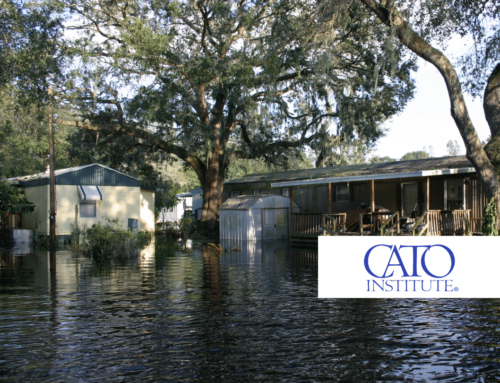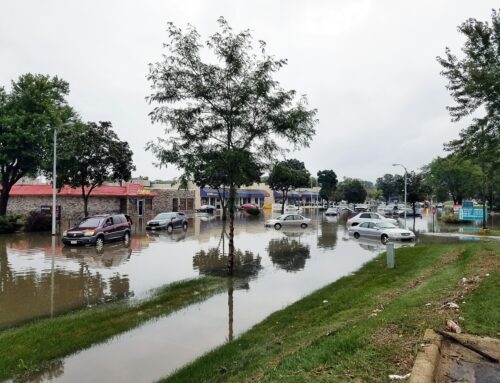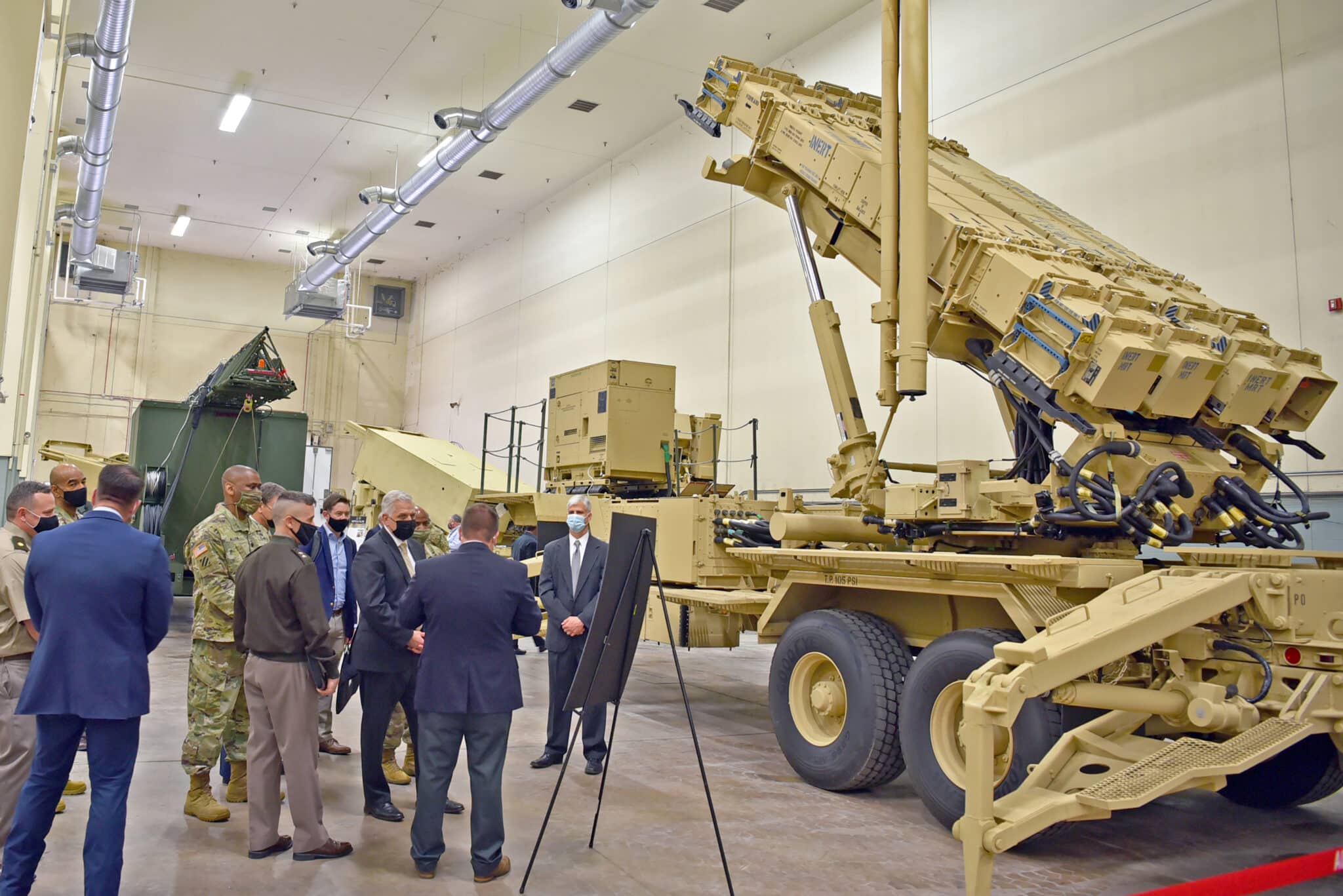Taxpayers for Common Sense Action sent a letter to members of the House Transportation & Infrastructure Committee urging them to oppose S. 1134 (St. Croix River Crossing Project Authorization Act) if it comes to a committee vote.
|
St. Croix Crossing Is a Bridge Too Far February 27, 2012 Dear Transportation & Infrastructure Committee Member, Taxpayers for Common Sense Action (TCS Action) is a vocal and long-time opponent of building a mega-bridge across the St. Croix River between Minnesota and Wisconsin. For this reason, TCS Action urges you to oppose S. 1134 (St. Croix River Crossing Project Authorization Act) if it comes to a committee vote. The simple fact is S. 1134 is flawed. This legislation authorizes construction of a bridge between Minnesota and Wisconsin by exempting it from the Wild and Scenic Rivers Act, but specifically mandates construction of an unnecessarily large and expensive bridge. This is the wrong way forward, especially when the nation’s taxpayers are demanding that every dollar be spent wisely. Currently, an historic two-lane bridge spans the St. Croix River, connecting Stillwater, Minnesota and rural Wisconsin, just east of Minneapolis-St. Paul. Most agree that this bridge needs to be replaced. A stakeholder process resulted in choosing a massive, freeway-style bridge just south of the existing lift bridge. The proposed bridge is too large in scope and therefore far too expensive for taxpayers. At $700 million, it would be the most expensive bridge ever built in Minnesota, yet would carry just 18,000 cars per day when it opens. By contrast, the rebuilt I-35W bridge cost $234 million and carries 130,000 cars per day. In addition, just six miles from the site of the proposed bridge, an interstate crossing over the same river limits the need for such a large crossing here. This legislation would also mandate construction of a so-called “extradosed” bridge. In relevant part, Sec. 2 of the legislation reads: “Notwithstanding section 7(a) of the Wild and Scenic Rivers Act (16 U.S.C. 1278(a)), the head of any Federal agency or department may authorize and assist in the construction of a new extradosed bridge crossing the St. Croix River approximately 6 miles north of the I-94 crossing…” This is a rare design, especially in the United States. The only domestic example is an I-95 bridge still under construction in Connecticut. This doesn’t eliminate this type of bridge as a potential solution, of course, but even MnDOT has stated in the past that their lack of familiarity with such a design leaves open the potential for cost overruns. An extradosed bridge is viewed as the only way forward for this project, in part to protect environmental features along the river, but this is only because the bridge was designed to handle traffic moving at 65 miles per hour. A design that assumes slower moving traffic could result in a far lower cost for taxpayers. In an era of trillion dollar deficits and a $15 trillion national debt, it is simply unacceptable to spend $700 million on a bridge to carry so few vehicles when an interstate bridge exists nearby. Though this is clearly a local issue, we believe it sets a bad precedent for Congress to mandate the type of bridge that must be built in a specific location. We see little evidence that Congress has passed similar legislation mandating not only that a state may proceed with the project (in this case by waiving Section 7 of the Wild and Scenic Rivers Act) but also how a state must proceed (in this case building an extradosed bridge). Until this legislation is improved, we urge you to oppose S. 1134 if it comes to a vote before your committee. If you would like additional information, please contact me or Erich Zimmermann in my office at (202) 546-8500 x132. Sincerely,
Ryan Alexander
|












Get Social